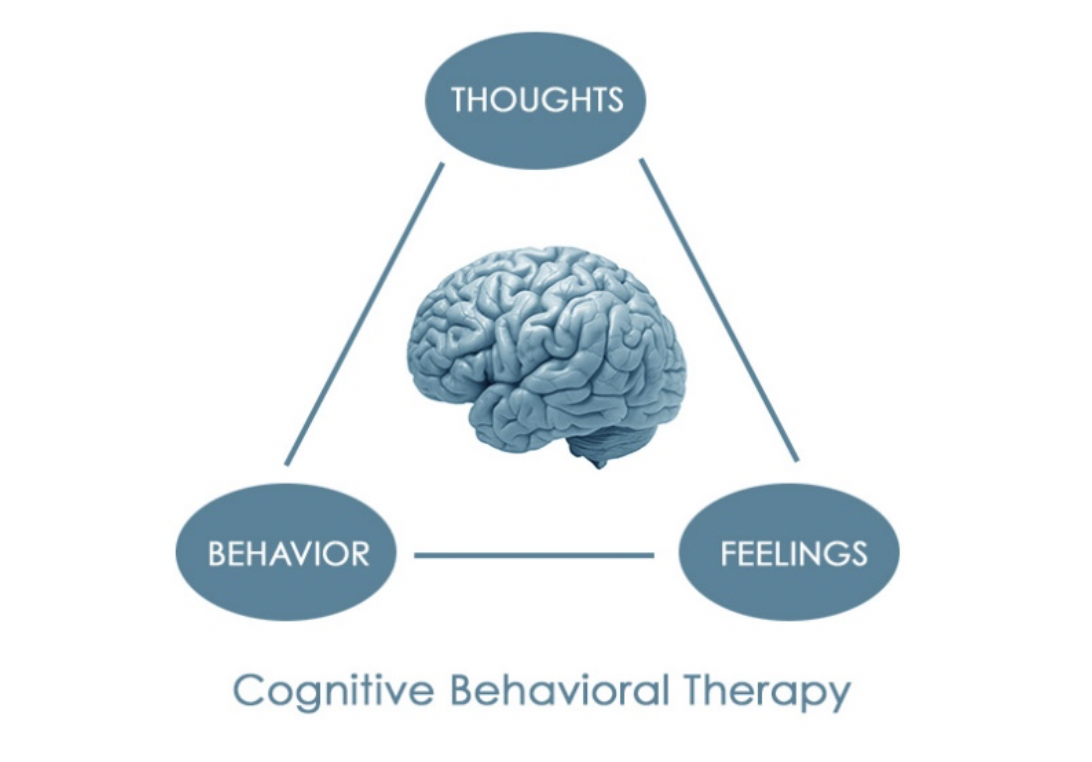What is Trauma?
July 01, 2019
Trauma. Unfortunately, it is a word we hear often now in the news and media - trauma related to mass shootings, natural disasters, sexual assaults and bullying. But what is trauma?
Definition of Trauma
-
Direct personal experience of an event that involves actual or threatened death or serious injury;
-
Threat to one’s physical integrity
-
Witnessing an event that involves the above experience
-
Learning about unexpected violent death, serious harm, or threat of death
-
Injury experienced by a family member or close associate
Big Trauma vs Little Trauma
Traumas can be either “big traumas” or “little traumas” but either way, the experience has a lasting, negative effect on the individual’s life.
Throughout my work, I have found that trauma is specific to the individual. What one person perceives as a traumatic experience may be different than someone else’s perception of the experience.
Examples of Trauma
-
Physical and emotional abuse
-
Car accidents
-
Natural disasters
-
Bullying
-
Perceived threat of abuse or harm
Symptoms of Trauma
-
Re-experiencing the event over and over again through nightmares or flashbacks
-
Difficulty relaxing
-
Panic attacks
-
Hyper-vigilance - being hyperaware of your surroundings to the point that you cannot relax
-
Dissociation - a disconnect between the body and the brain, like watching something happen from an outsider’s point of view, to protect their emotions and prevent a physical reaction
Trauma Triggers
-
Smells
-
Noises
-
Places
-
People
-
Holidays
-
Anniversary dates
Recovering From Trauma
For trauma survivors there can be a general distrust of the world and others, which then impacts future relationships and behaviors. While there is a spectrum of trauma, the important thing to remember is there is hope and effective treatment. Being able to identify triggers and specific ways of thinking is a big part of effective trauma recovery.
HopeWay's Safe and Supportive Environment
About 80% of clients at HopeWay have experienced some kind of trauma in their life. Many clients enter programming still struggling with some of the lasting effects.
At HopeWay, we first work with clients to build trust so that they can effectively participate in trauma work while in treatment.
This means helping clients feel safe in their environment while they work on processing whatever trauma they have experienced. We teach grounding and relaxation techniques so clients are not constantly in a “fight, flight or freeze” mode. A client who is experiencing severe symptoms and is actively in a dissociative state is unable to do effective therapy. That is why it is so important for the client to know how to use grounding techniques so that they can bring themselves back to the present and engage in treatment.
Grounding & Trauma Treatment
Grounding includes using the five senses to bring someone back to the present – back to the room they are in, the couch they are sitting on, who’s around, recognizing what they see, hear and smell in the present moment. Deep breathing, meditation and mindfulness are also effective tools for trauma survivors.
HopeWay Programs
At HopeWay to help treat trauma, we offer daily meditation & mindfulness, weekly yoga, and guided relaxation in combination with Cognitive Behavioral Therapy (CBT) and processing groups. As clients learn to master these tools, they experience the freedom of regaining control over their bodies and minds.
Once they feel safe, both with their therapist and with their environment, clients will have an easier time engaging in their CBT and other psychotherapy groups.
What is CBT Therapy?
Cognitive Behavioral Therapy is the evidenced based treatment model for anxiety and depression which are two common diagnoses associated with trauma. Also, many trauma survivors carry around feelings of shame, guilt and responsibility related to the event. CBT helps survivors recognize the relationship between their thoughts, feelings and behaviors.

Clients begin by identifying thought distortions that are typically based off of past experiences and impact their behaviors and current perception of the world. For example, sometimes trauma survivors believe they could have prevented the trauma from happening (THOUGHT) which leads to (FEELINGS of) guilt & shame. Those feelings can lead to isolation and/or self-harm (BEHAVIOR). CBT works to challenge negative thoughts and distorted thought patterns by helping the client discern if their thinking is based off of fact, off of an emotion or past experience. Ultimately, Cognitive Behavioral Therapy helps shape an individual’s thinking into a more logical and rational pattern. Allowing clients the opportunity to make the connection between their thoughts, feelings and behaviors is very powerful and gives the individual a sense of control.
Group Therapy
Process groups at HopeWay allow clients the opportunity to address their trauma on their own time. Some clients are encouraged to create a trauma narrative or trauma timeline. The visual, tangible representation can be effective in showing the client what they have been through and help them acknowledge what all they have overcome. It reinforces the fact that they are resilient.
Trauma and Resiliency
The reality is people do not choose to experience trauma.
Trauma knows no race, socioeconomic status, age or gender, and trauma recovery is specific to each individual.
HopeWay can be a stepping stone in someone’s recovery – either opening the door to begin the journey to healing or continuing work that has already been started.
Resiliency is the ability to recover from difficulties. It requires toughness to move forward, often by seeking professional help. There is a popular quote from B.J. Neblett that says “we are the sum total of our experiences.” For trauma survivors, those traumatic experiences do make up a piece of their life story, but the hope we give at HopeWay is that no one has to be defined by those experiences. Trauma survivors are resilient.
Written by Allison Todd, LCSW - Primary Therapist, HopeWay
Learn More About Trauma, Stress Disorders & PTSD
